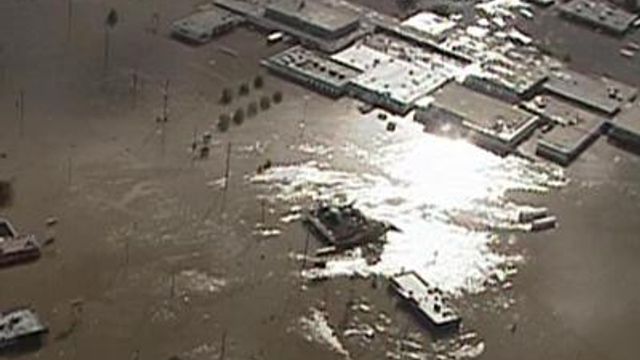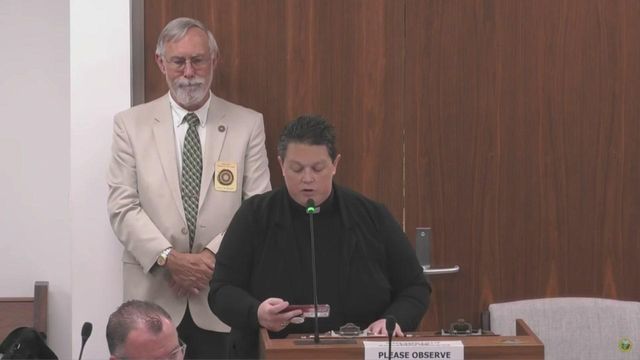State, homeowners, forecasters anticipate hurricane season
Will we feel the winds of "Joaquin"? Will "Kate" clobber the coast? Or will it be "Wanda" washing waves over homes?
Those are some of the names slated to be used in the 2009 hurricane season, which began June 1 and ends Nov. 30.
The year has always seen its first tropical storm. Tropical Depression 1 formed hundreds of miles off the mid Atlantic coast last Thursday and quickly lost that status without touching land.
Researchers at North Carolina State University believe this season will be close to normal, with a 45 percent that at least one storm will make landfall.
Forecasters have predicted nine to 14 named tropical storms, including four to seven hurricanes. One to three of those hurricanes will be major storms.
The number of storms is immaterial, WRAL Chief Meteorologist Greg Fishel said Monday in an online-only chat about the coming season. He urged Triangle residents to plan for the worst in order to weather anything the Atlantic can dish out.
State officials have also issued reminders to residents to be prepared and held an exercise last Thursday to test state agencies' disaster response plan.
One significant change to the state's plans is a reconsideration of how to evacuate coastal areas.
After Hurricane Floyd, in 1999, the state developed a plan to reverse lanes of Interstate 40 if a storm threatened to help people get quickly from east to west. That plan has never been put into effect and now, a spokesman for the state Highway Patrol said, it may not be necessary.
"The I-40 reversal plan was created some years ago, but is it practical today? Probably not," Capt. Everett Clendenin said.
"We think these other evacuation plans we're working on, these local coastal communities just expanding on what's in place now, that we'll have a more fine-tuned, efficient manner to move people out," he said.
He added that many highways on and from the coast have been expanded from two to four lanes over the past decade -- adding capacity that was not available when Floyd hit.
North Carolina ranks as the second-most vulnerable state to hurricanes, behind Florida.
The recession could worsen the impact of this hurricane season: Foreclosed homes are more unlikely than occupied homes to be secured properly against hurricanes, and wind-blown debris can damage nearby homes and residents.
The Associated Press reports that in March, there were 281,691 homes in foreclosure in Florida and coastal counties in Alabama, Georgia, Louisiana, Mississippi, North Carolina, South Carolina, Texas and Virginia.
In the troubled economy, families are also finding insurance is more expensive or harder to get.
In North Carolina, coastal homeowners and are fighting rate increases ranging between 22 and 29.8 percent in five counties. Rates have also risen for the State Beach Plan, a state program that serves as an insurer of last resort for higher-risk coastal properties but is far short of covering losses from a severe hurricane, analysts say.
Visit WRAL's Stormtracker section to learn how to prepare for, survive and rebuild after hurricanes.











